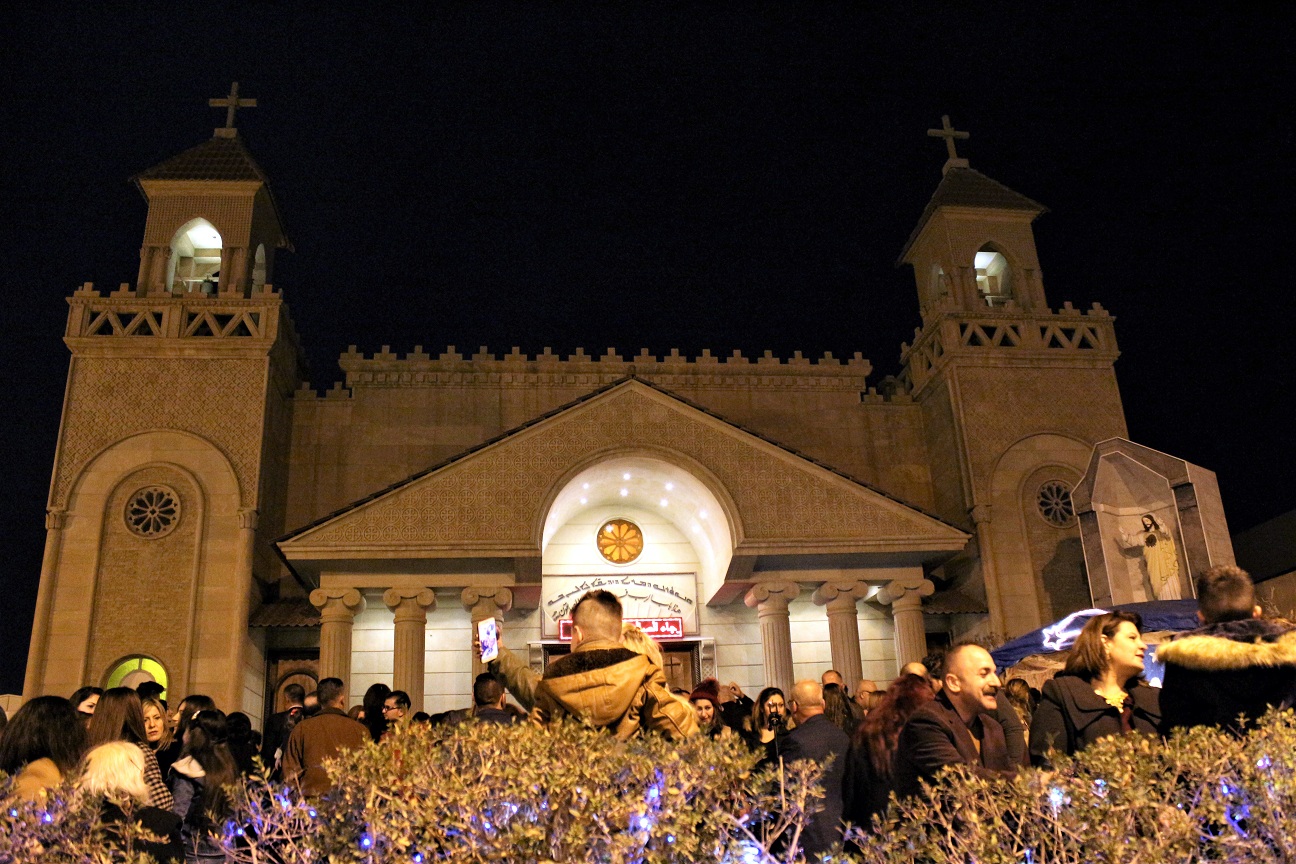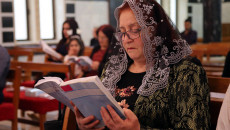Some Christians in Kirkuk are happy that they can freely practice their religion and hold ceremonies, but a significant number among them think that the community is not fairly represented in local governance.
Christians form one of the main components of Kirkuk province, but many complain of being marginalized and say that they are often not even mentioned. Unlike Kurds, Arabs and Turkmens, they do not have a sufficient role in the local administration of the province.
Khaleel Ibrahim, a Christian activist from Kirkuk, appreciates the religious freedom his community has. “Since the toppling of the Ba’th regime in 2003, we haven’t sensed any restrictions being imposed on our religious ceremonies and events; we are free to practice our religion.”
But he complains about not having sufficient rights. He says that the rights they supposedly have is “only talk,” because they don’t have the political force to demand their rights be put in practice.
According to a statistic that KirkukNow has obtained, only one directorate (Kirkuk’s Roads and Bridges Department) is headed by someone from the Christian community.
we are not even being mentioned nowadays
“For nearly two decades, Kirkuk has been called the city of four ethnicities and religions, but we are not even being mentioned nowadays. Only Kurds, Arabs and Turkmens are mentioned,” the activist Khaleel Ibrahim said.
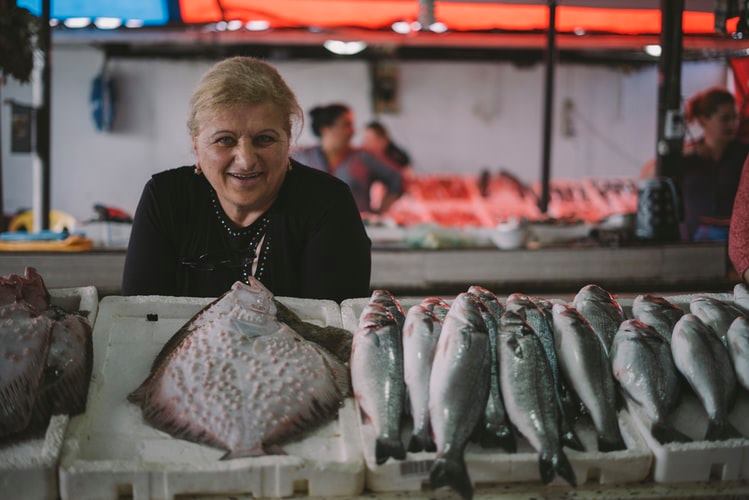
There is no official statistics to show the exact size of the Christian community in Kirkuk province. Especially after 2003 when, according to Archbishop Yusif Toma, large numbers of people from the Christian community migrated.
Toma told KirkukNow that according to “statistics from the international organizations, the number of Christians in Iraq has gone down from 1.5 million to 500,000 in 2003. Since then, another wave of Christian immigration has taken place, especially in Kirkuk.”
According to a statistic from 2017 by the United Nations, the number of Christians in Iraq decreased to about 200,000 to 300,000 persons, but what is important for Archbishop Toma is that freedom of to worship, the holding of ceremonies and religious events are available to Christians in Kirkuk.
Another statistic previously obtained by KirkukNow from Kirkuk Churches Association shows that out of a total of 12 churches in Kirkuk, only one of them is still open for worshippers, and that seven of them were blown up by car bombs after 2003.
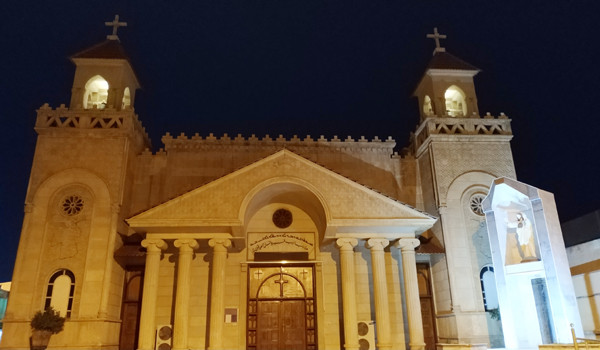
After the fall of the Ba'th regime, as part of the disputed areas and based on a project proposed by former Iraqi President Jalal Talabani, local administrative posts would be distributed between the different components of the province according a formula that stipulates the three largest components (Kurds, Arabs and Turkmens) would each get %32 of the posts, and the remaining 4% would go to the Christian minority.
The formula was never implemented as it has never had political support, but it is still being considered by some as a solution for keeping a power balance among the different components.
At present, in addition to the position of the director of a local government department, the positions of deputy governor for administrative affairs and a governor advisor is held by Christians.
Tensions and wars, including the ISIS war and terrorism, were the reasons the country’s balance has been lost
"Tensions and wars, including the ISIS war and terrorism, were the reasons the country’s balance has been lost," said Archbishop Toma.
"It is necessary for us, in addition to religious ceremonies and events, that we feel the pain and hunger of our neighbours and fellow citizens in the city, whether they are Muslims, Christians or Ezidis. What good is holding religious ceremonies and rituals if I do not help my hungry neighbour. Each of us does his part in serving,” Toma added.
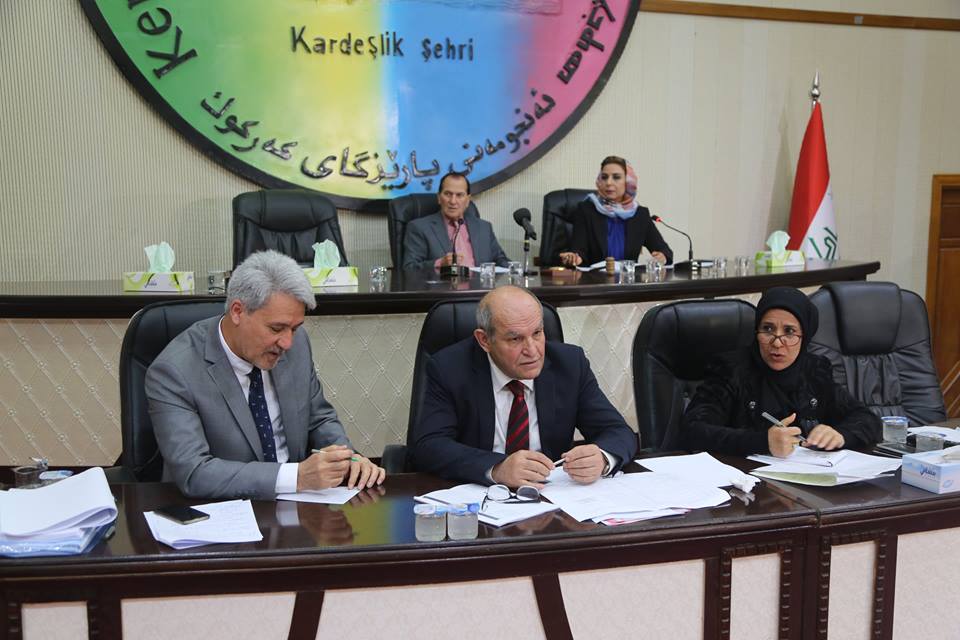
The Iraqi Council of Ministers has set up several committees to maintain a balance between the components of Kirkuk in administering the province in the past two years, but despite visits to Kirkuk by the successive committees, they haven’t been able to make any progress due to the differences between the parties from the different components.
“Since the fall of the Ba’th regime, a race for obtaining government positions started all over Iraq. Iraq has become like a cake that many emerge to take a piece of, but what matters to us is who serves the people, not the ethnicity or religion of those holding positions," said Toma.
Christianity is the second largest religion in Iraq after Islam, as it is written in the Iraqi constitution, as is the Syriac language, which is spoken by most Christians in the country.
Imad Faraj Pauls, the pastor of the Holy Family Church in Kirkuk, told KirkukNow: "ISIS changed everything. Our language and culture have come under threat, and serious work must be done to prevent their disappearance."

